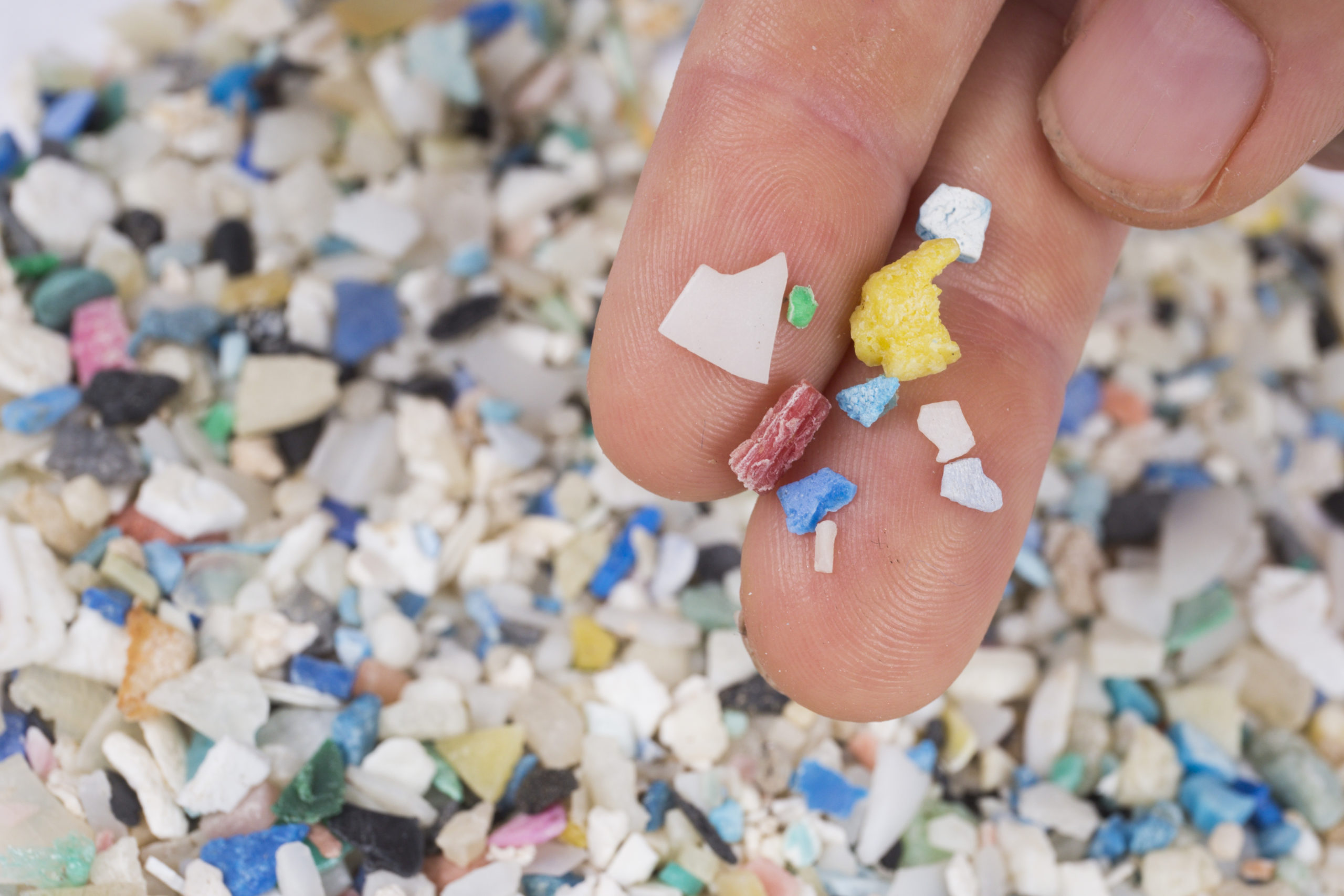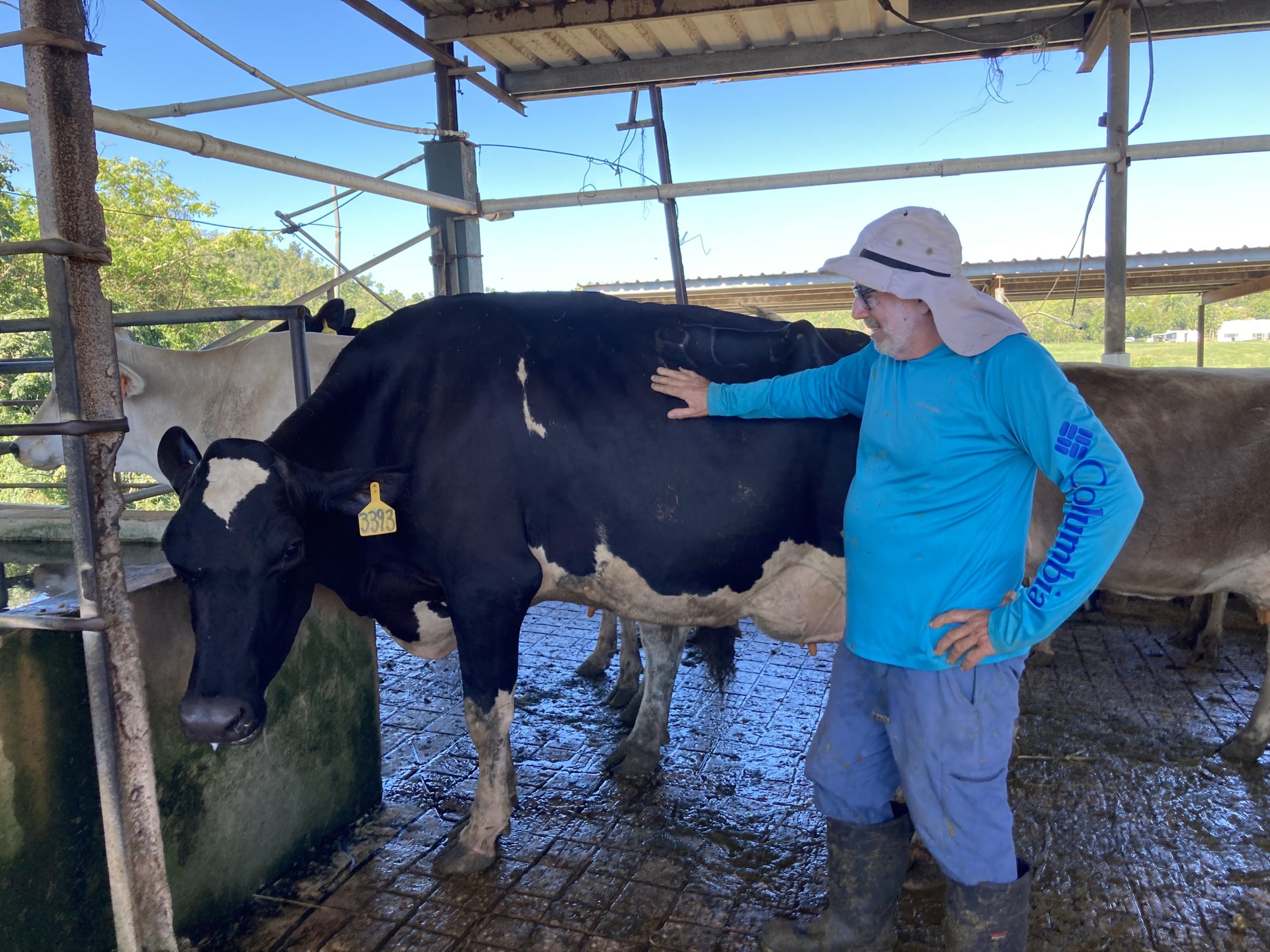
Science

All Talk and —Yes — Action
In 2020, artist Nicole Cooper was conducting research for a painting series when she stumbled upon a NASA chart showing temperature rise throughout history. “I had this realization of, ‘Look at how

Cities Are Rethinking What Kinds of Trees They’re Planting
After a series of winter storms pummeled California this winter, thousands of trees across the state lost their grip on the earth and crashed down into power lines, homes, and highways. Sacramento

Can Kelp Farming Bring Back Shinnecock Bay?
For most of the Shinnecock Nation’s history, the waters off the eastern end of Long Island were a place of abundance. Expert fishermen, whalers and farmers, the Shinnecock people lived for centuries

How to Talk About Climate Change (and Combat Climate Doom)
For some climate activists, climate doom is the new climate denialism. Only about 10 percent of Americans deny human-made climate change is real, but many young people wonder if it’s too late to

Your Gas Stove Is Leaking
If you have a gas stove, there’s a good chance it’s leaking right now. A new report out of Stanford today found gas stoves old and new are constantly emitting methane, the

Warming Lakes Are Losing Oxygen. Climate Change and Pollution Are to Blame.
On a sweltering morning last July, thousands of dead fish washed onto the northeastern shores of Pokegama Lake, 60 miles north of Minneapolis. Deb Vermeersch, an official with the Minnesota Department of

When Climate Change Becomes Climate Trauma
On November 8, 2018, Sally awoke to the smell of smoke and a phone call from her daughter, imploring her to flee her home. It was 8:30 a.m., but the sky was

Can Methane Detectors Help the U.S. Reach Its Climate Goals?
To explain how high-tech aerial photography can help save the planet, research scientist Riley Duren refers to a map of Los Angeles, where a pixelated blue and green cloud hovers over a

This New Imaging System Could Be a Game Changer in the Fight to Save Coral Reefs
Not that long ago, Brian Neilson, program manager at Hawaii’s Department of Land and Natural Resources-Division of Aquatic Resources, had only two ways of mapping coral reefs: send out divers or gather

Issue 4: Oceans
Some 40 percent of all people on Earth live within 60 miles of the coast. That statistic, perhaps more than any other fact or figure, testifies to how much human civilization depends

Teen Scientist Finds Low-Tech Way to Recycle Water
Shreya Ramachandran, 17, remembers witnessing California’s water crisis firsthand on a visit to Tulare County in 2014, when she was still a preteen. Tulare spans a large swath of farmland in California’s
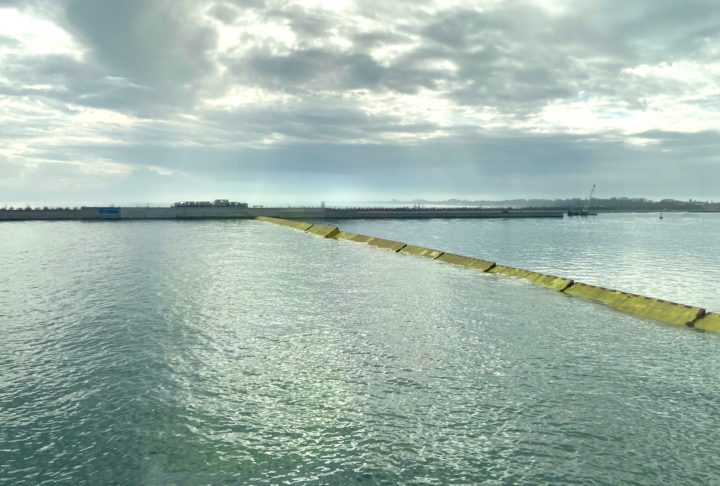
The Decades-Long Struggle to Protect Venice From Worsening Floods
The wind was stirring up the sea around Venice, Italy, threatening a high tide of more than 4 feet. Normally, that would be enough to inundate half the city, leaving tourists to
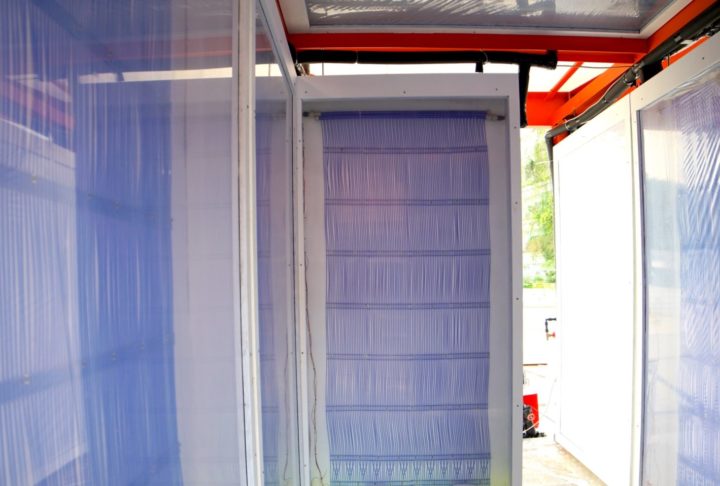
A New Cooling Technology Protects Against Severe Heat and Viral Spread
In the face of dangerous heat waves this summer, Americans have taken shelter in air-conditioned cooling centers. Normally, that would be a wise choice, but during a pandemic, indoor shelters present new risks. The same
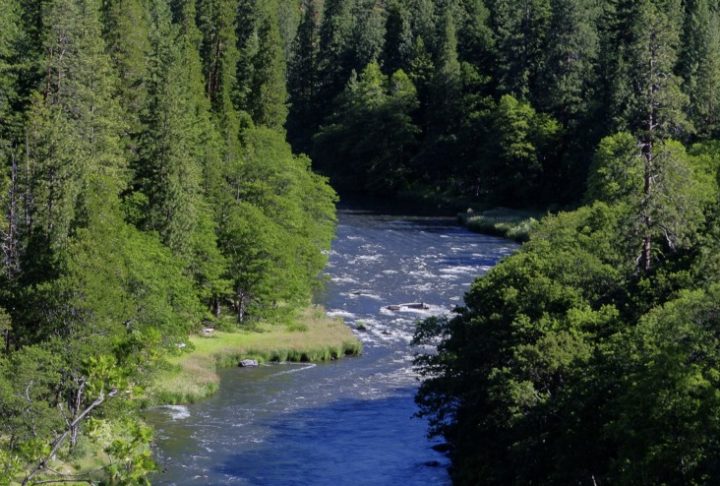
They Tried to Tame the Klamath River. They Filled It With Toxic Algae Instead. (VIDEO)
The Karuk people define themselves by the Klamath River, just as the Romans did the Tiber or the Egyptians did the Nile. The word “Karuk” means “upstream,” a reference to the waterway, which runs from

Bill Nye: We Are Failing a National Test of Science Literacy
The United States is facing two massive threats — climate change and the coronavirus — that we cannot solve without science. One is playing out slowly, over decades, growing inexorably worse as
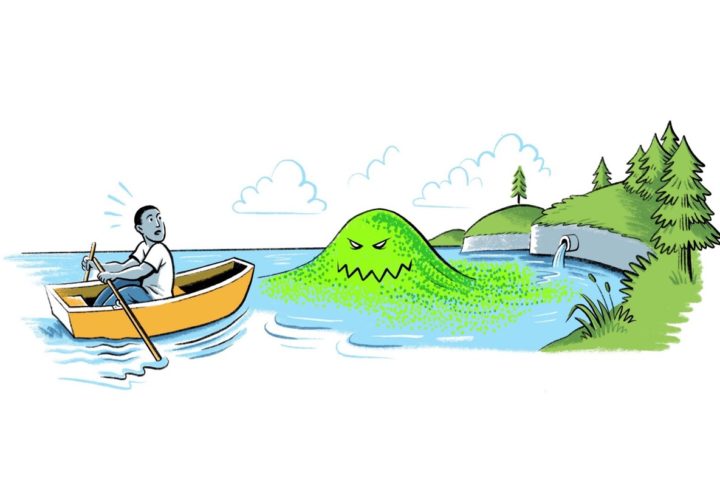
Toxic Algae Are a Menace. Humans Are Giving Them Ammunition.
Matteo Farinella is a neuroscientist-turned-cartoonist who uses comics to explain science. You can follow him @matteofarinella. Jeremy Deaton writes for Nexus Media, a nonprofit climate change news service. You can follow him @deaton_jeremy.
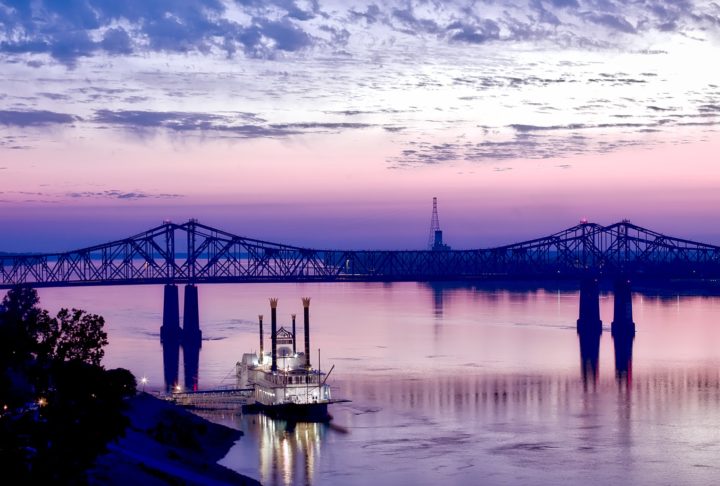
Climate Change Is Sowing Chaos Up and Down the Mississippi River (VIDEO)
This story was produced in collaboration with PBS News Hour. Over the centuries the United States has deployed vast fortunes and an untold number of workers to divert, dam and contain the

